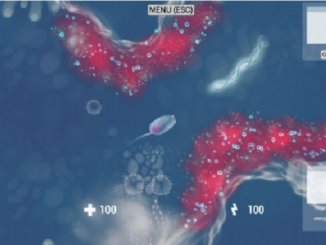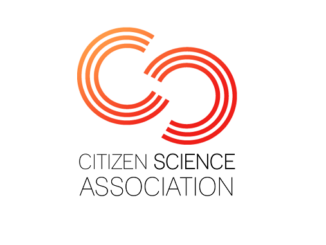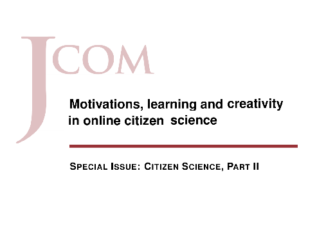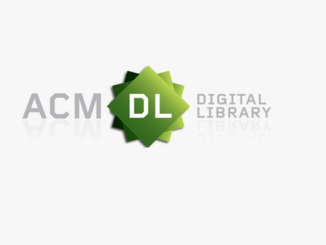publication
Improving Citizen Science Games through Open Analytics Data
Video game developers make heavy use of “metrics” (or “analytics”) in order to understand the players’ actions. This serves to improve the games by identifying weaknesses in their design, such as sections of the games […]





